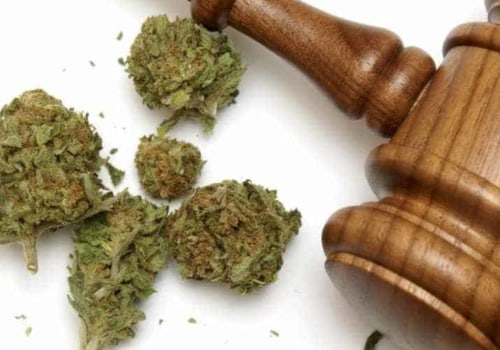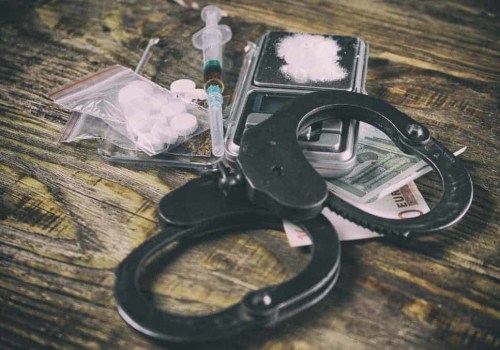Possession of illegal drugs in California can be charged as a misdemeanor or as a felony, which is a more serious charge with greater consequences. The following is a list of possible penalties in a California drug possession case. Alcohol is legal for adults 21 and older in the state of California to possess, buy and consume. The sale of alcohol is regulated and county authorities must grant a license before a store, bar or restaurant can sell alcohol.
Driving a motor vehicle while intoxicated with alcohol is a misdemeanor that carries a penalty of up to one year in county jail. Subsequent offenses can be charged as a felony under certain circumstances. In practice, driving a motor vehicle while intoxicated will result in probation for the first offenses, along with hefty fines, alcohol education, and community service. Subsequent offenses generally result in a small amount of jail time along with probation.
Public alcohol poisoning is a misdemeanor under state law and also under most city ordinances. Public alcohol poisoning often goes unprosecuted and the offender is released after being sober in jail. Sometimes, based on criminal records, those convicted of public intoxication can serve very small jail terms. Raw opium, opium poppy and straw, as well as their derivatives morphine, oxycodone, hydrocodone and codeine, are included in Schedule 2 of the California Uniform Controlled Substances Act.
Products that contain nicotine, such as tobacco, cigarettes, cigars, and chewing tobacco, are legal for adults 21 and older to possess, buy and consume. The sale of tobacco and nicotine-containing products is regulated and the state must grant a license before a store can sell tobacco and nicotine-containing products. Anabolic steroids, including testosterone and human chorionic gonadotropin, are included in Schedule 3 of the Uniform Controlled Substances Act. In addition, drug possession involving the police seizure of large quantities can lead to drug trafficking charges, which is a felony.
Those penalties increase for anyone in the same position who owns the drug with the intention of selling it. It may surprise you to learn that possession of drug-related paraphernalia, in some cases, could carry more severe penalties than if you were discovered with other controlled substances. In addition, recent changes that make California's Three Strikes Act more lenient do not apply to carrying illegal drug charges. The purpose of Prop 47 and making possession of controlled substances a misdemeanor is intended to focus on treating offenders at California drug rehabilitation centers rather than serving heavy prison sentences.
California drug trafficking laws cannot be taken lightly, and if you think that transporting a controlled substance is only for mega-trafficking operations, you would be wrong. California classifies not only drugs known as heroin and “crack” cocaine as controlled illegal substances, but the state code also details the compounds used to make them by categorizing. Therefore, with the latter in mind, a decision to prosecute a felony drug charge is more than likely to occur. Fortunately, Grant Bettencourt has many years of experience as a drug crime lawyer and can help reduce, and sometimes even completely eliminate, the harsh penalties of a conviction for transporting illegal drugs.
However, if you are convicted of transporting a controlled substance for sale and transported the illegal drugs across more than two county boundaries, you will face a possible more severe sentence of three, six or nine years in California State Prison. Alternatively, depending on the type of drug, quantity and surrounding circumstances, possession could be charged as a felony. It should also be noted that a conviction for transporting illegal drugs can have devastating consequences for immigration if the defendant is not a citizen of the United States. If rehabilitation or drug treatment has been fully completed, you may be able to have the charges dismissed or reduced, depending on your case.
Heroin is a Schedule I drug and under the “personal possession of controlled substances” law, possession of heroin is considered a felony. California drug transportation offenses are most commonly charged under Health and Safety Code section 11352 (Sale or Transportation of a Controlled Substance) or Health and Safety Code section 11379 (Sale or Transportation of Methamphetamine). . .




